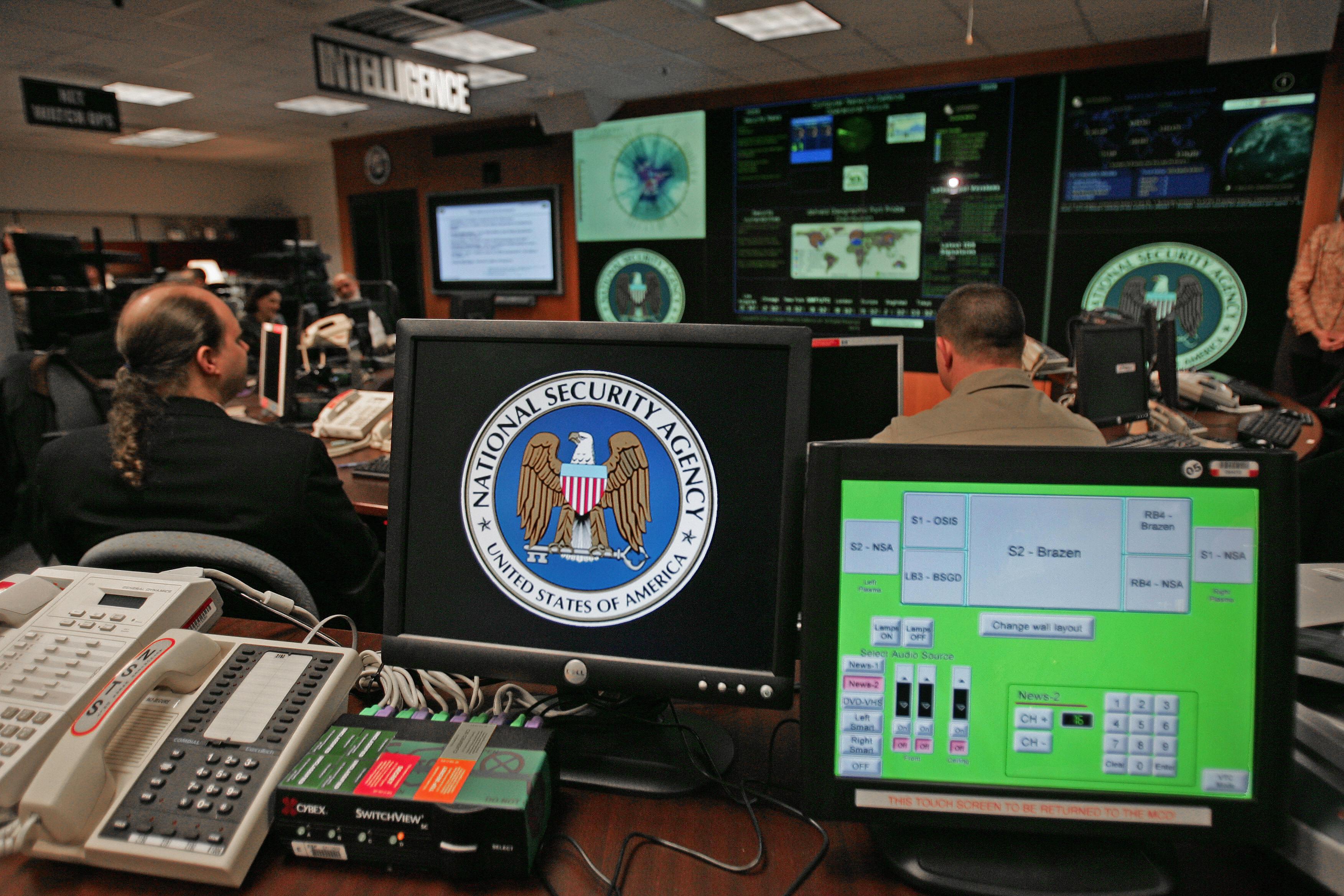The House voted on Wednesday to revise and extend the 2001 Patriot Act, which is set to expire on June 1.* With bipartisan support, the new USA Freedom Act would put an end to the National Security Agency’s bulk collection of American’s phone records, and place further restrictions on how the government collects Americans’ data.
“The near unanimity in the House is not reflected in the Senate, where a bipartisan group that backs the House bill faces opposition from Mr. McConnell and a small but powerful group of defense hawks who want no change, and from another faction led by Senator Rand Paul, Republican of Kentucky, that is pressing for even greater restrictions of data collection,” the New York Times reports. “The debate over the issue, which intensified after the surveillance efforts were exposed by Edward J. Snowden, was complicated by a federal appeals court ruling last week that found the National Security Agency’s bulk collection of phone records illegal, and an impending expiration of the Patriot Act the end of the month.”
The bill’s fate in the Senate is less clear. A similar version of the revised Patriot Act has broad Democratic support in the Senate along with at least 10 Republican backers, according to the Times. The fate of the House bill, which extends the law until Dec. 15, 2019, is further clouded by the presidential politics on the Republican side—with Rand Paul threatening to filibuster the bill and Marco Rubio supporting its extension.
Despite the curtailing of some of the data collection enabled by the original Patriot Act, which was extended in 2011, there are still major points of contention over the composition of the Patriot Act. NPR points to three notable sticking points:
Roving wiretaps: One authorization covers one person’s devices, computers, and phones.
Easier access to records: Broad access covers everything from business documents to library records.
“Lone wolf” provision: The traditional definition of an “agent of a foreign power” is changed to allow for surveillance of “any non-U.S. persons who engage in international terrorism or preparatory activities.”
*Correction, May 13, 2015: This post originally misstated when the House vote on the USA Freedom Act took place; the vote was on Wednesday, not Tuesday.
